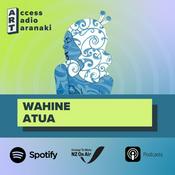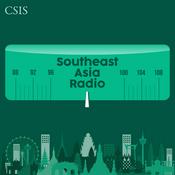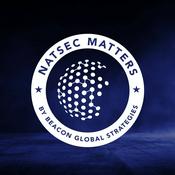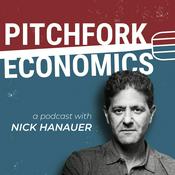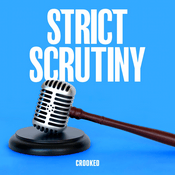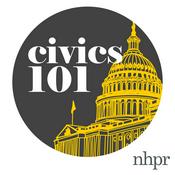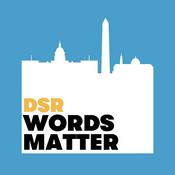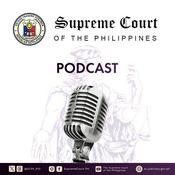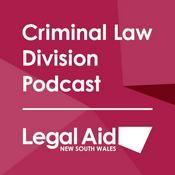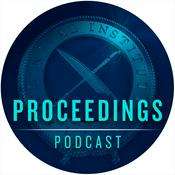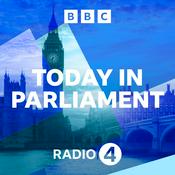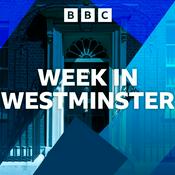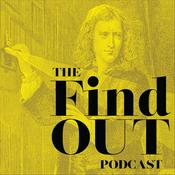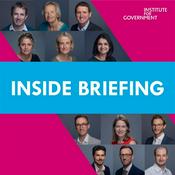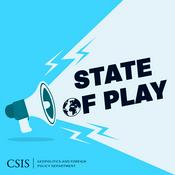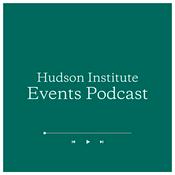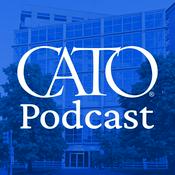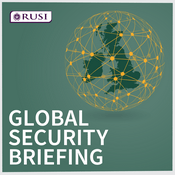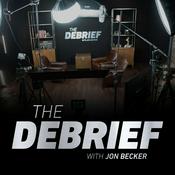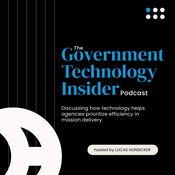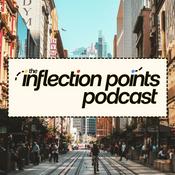41 episodes
- Recent polls show 54% now consider housing unaffordable and the cost of homeownership dominates Americans’ economic anxieties. The popular “abundance” narrative says there’s a housing shortage and suggests cutting zoning or environmental rules will let us build our way out of it. But we don’t have a simple net shortage of units—we have a deep mismatch between what gets built and what workers get paid. After 50 years of wage stagnation, the median mortgage payment is over $2,200 while median weekly earnings are $1,200. That’s a gap deregulation or more luxury condos won’t close. The solution isn’t to just build more. It’s also to pay people more.
END NOTES:
To be considered affordable (30% of income) the median mortgage of $2,259 would require weekly earnings of $1,737. But the median weekly wage for full-time workers is $1214.
Where is the Housing Shortage? Of the nation’s 381 metropolitan areas, only four experienced a housing shortage between 2000 and 2020. (Op-ed from the author in Barron’s here.)
The US Housing Crisis is Really About Low-Wage Jobs. Kathryn’s take from 2024 in Bloomberg Opinion.
Rate of U.S. homeownership has been climbing since bottoming out in 2016 (Federal Reserve Bank of St. Louis).
Mortgage Debt Service Payments as a Percent of Disposable Personal Income is about what it was in 2019 (Federal Reserve Bank of St. Louis).
Median Sales Price of Houses Sold for the United States shot up about $90,000 from 2019 to 2025 (Federal Reserve Bank of St. Louis).
Housing Affordability and Housing Demand (Federal Reserve Bank of San Francisco)
Watch video clips from this episode at the Optimist Economy YouTube channel.
Follow us on Instagram at @optimist_economy.
Follow us on TikTok at @optimist_economy.
Read some stuff on our Substack.
Consume leisure in an O.E. hat or shirt: https://merch.ambientinks.com/collections/optimisteconomy
Support us and our tireless editors and producers by donating: https://optimisteconomy.com
And send your economic questions, concerns, or executive orders: [email protected] - An essay went viral by claiming that $140,000 is what a family of four needs to just get by — a number higher than what 70% of American households earn. Conservative economists called it idiotic. Kathryn dismissed it and got a nasty DM. What’s the real controversy? It’s not that the poverty line is misleading. It's that we have no measure for our current affordability crisis. And the American mindset has been so warped by decades of bad economic policy that we think the only way to get help is to prove that we’re poor.
END NOTES:
The essay in question: Part 1: My Life Is a Lie - by Michael W. Green,
What economists thought: Viral essay says $140,000 should be the new poverty line - The Washington Post ; Cato: The $140,000 ‘Poverty Line’ Is Laughably Wrong, So Why Does It Feel Right? ; AEI: How Not to Redefine Poverty
How U.S. poverty measures actually work: Two Ways the U.S. Census Bureau Measures Poverty to Capture Clearer Picture of Poverty in America
Kathryn on Money with Katie (at min. 35)
Watch video clips from this episode at the Optimist Economy YouTube channel.
Follow us on Instagram at @optimist_economy.
Follow us on TikTok at @optimist_economy.
Read some stuff on our Substack.
Consume leisure in an O.E. hat or shirt: https://merch.ambientinks.com/collections/optimisteconomy
Support us and our tireless editors and producers by donating: https://optimisteconomy.com
And send your economic questions, concerns, or executive orders: [email protected] - Our own optimist economist Kathryn Anne Edwards worked on a research project several years ago to measure income inequality. Its massive headline number has taken on a life of its own in columns, talking points, memes. We explain how Kathryn and co-author Carter Price managed to answer this question: What would have happened to Americans’ incomes if they’d grown at the same rate as the U.S. economy overall? Spoiler alert: 90% of us would be a lot better off.
Read the working paper Kathryn co-wrote in 2020: Trends in Income From 1975 to 2018 and Carter Price’s update going through 2023.
Watch video clips from this episode at the Optimist Economy YouTube channel.
Follow us on Instagram at @optimist_economy.
Follow us on TikTok at @optimist_economy.
Read some stuff on our Substack.
Consume leisure in an O.E. hat or shirt: https://merch.ambientinks.com/collections/optimisteconomy
Support us and our tireless editors and producers by donating at https://optimisteconomy.com
Send your economic questions or executive orders to [email protected] - Listener Max did his grad thesis on pay transparency laws in Colorado and found that they narrowed the gender wage gap by 8 cents on the dollar. But some big-name economists reported that such laws can actually reduce wages. So what’s the deal? Kathryn’s answer during our October Q&A was so overlong and multipart that we jokingly called it, “The Max Show.” So here it is, as a mini-episode.
Holiday shopping for the optimists in your life? Check out our shirts and hats at optimisteconomy.com
More Government podcasts
Trending Government podcasts
About Optimist Economy
Economist Kathryn Anne Edwards and co-host Robin Rauzi talk about the fundamentals of the economy and how to build a better future one problem and solution at a time. Our premise is that the United States has remarkable economy — and yet for tens of millions of Americans it is not performing up to its potential. It could be more open to aspiring workers, less hostile to change, safer for workers, less risky for retirees, and so on.✨ Support the podcast at: optimisteconomy.com ✨Ask questions or share your economic worries with us at: [email protected]
Podcast websiteListen to Optimist Economy, Parliament - Live Stream and Question Time and many other podcasts from around the world with the radio.net app
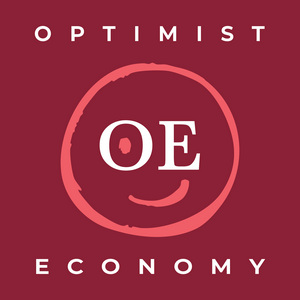
Get the free radio.net app
- Stations and podcasts to bookmark
- Stream via Wi-Fi or Bluetooth
- Supports Carplay & Android Auto
- Many other app features
Get the free radio.net app
- Stations and podcasts to bookmark
- Stream via Wi-Fi or Bluetooth
- Supports Carplay & Android Auto
- Many other app features


Optimist Economy
Scan code,
download the app,
start listening.
download the app,
start listening.





